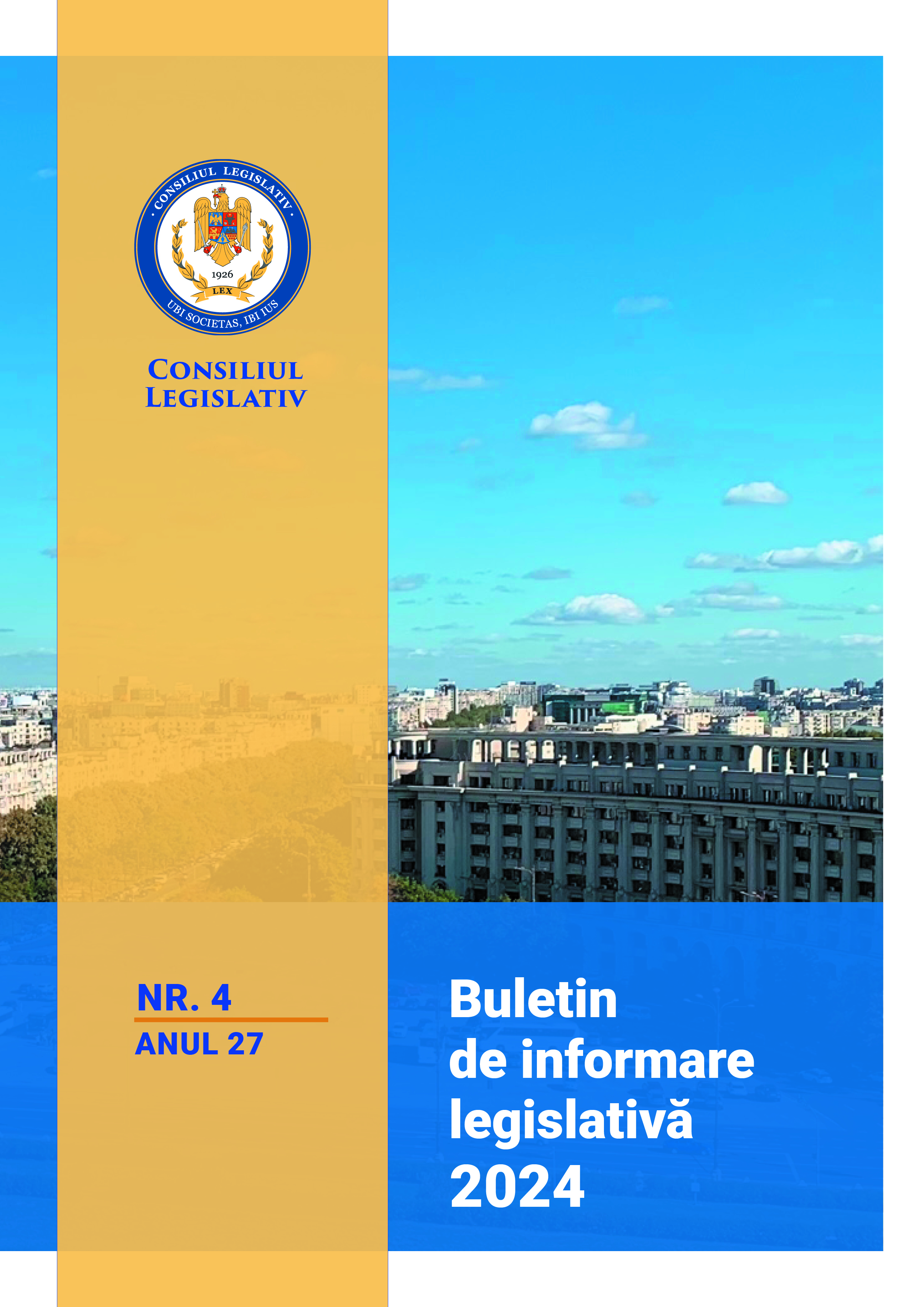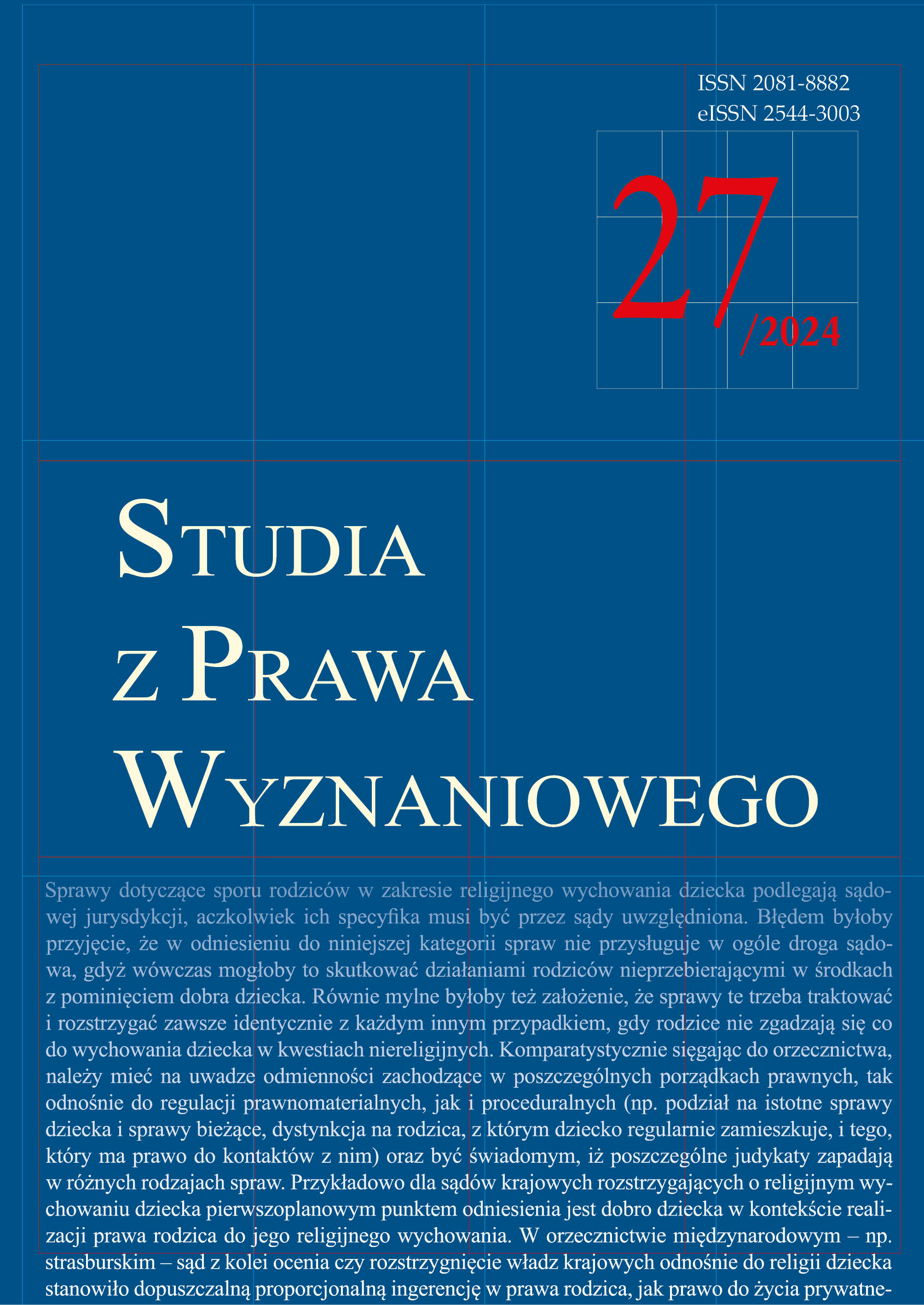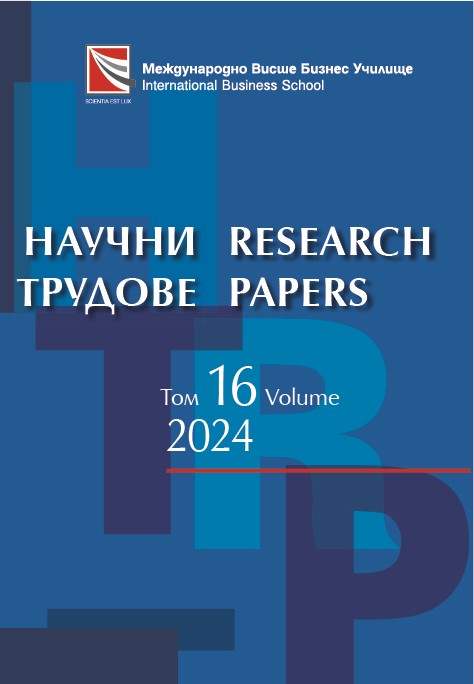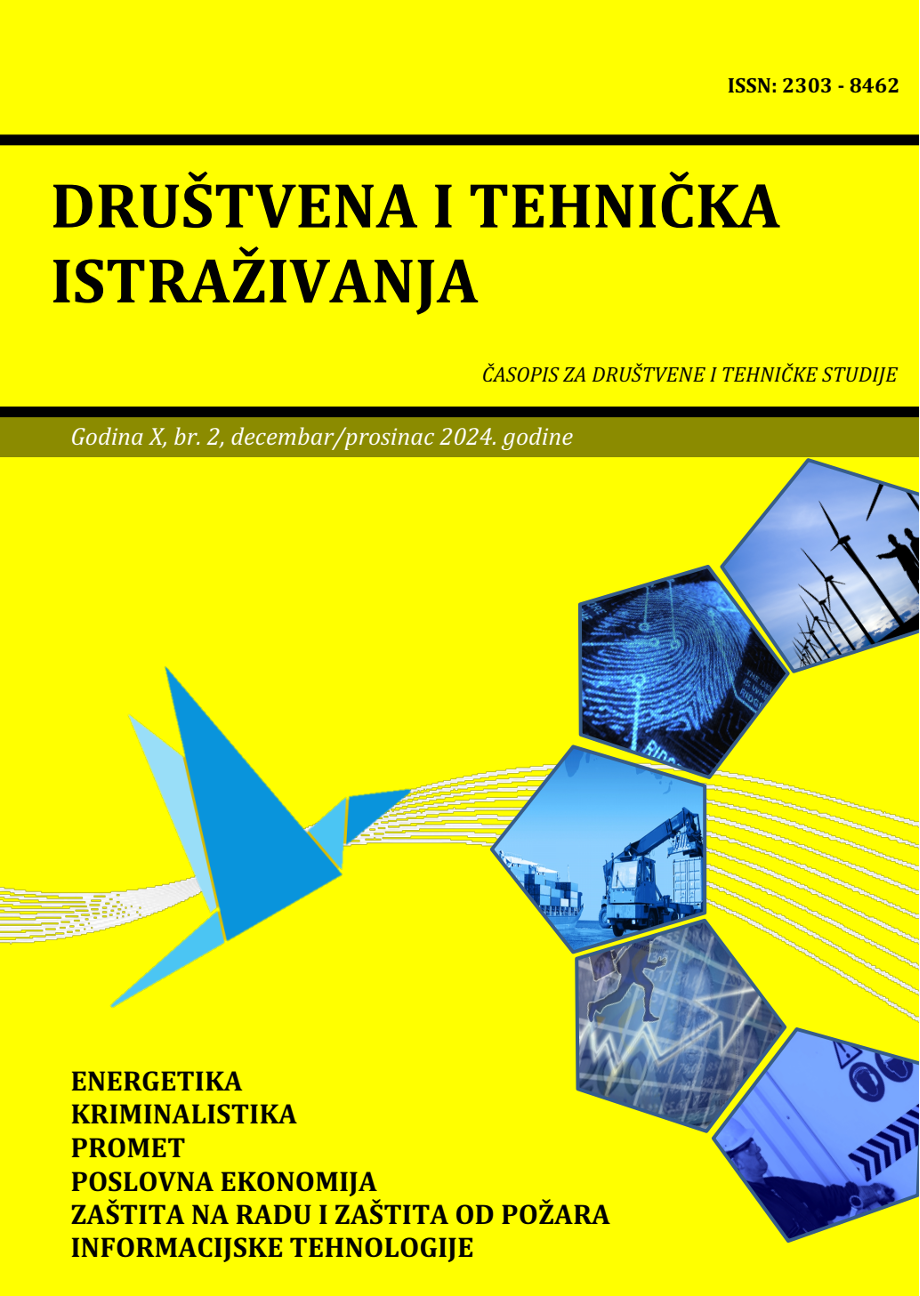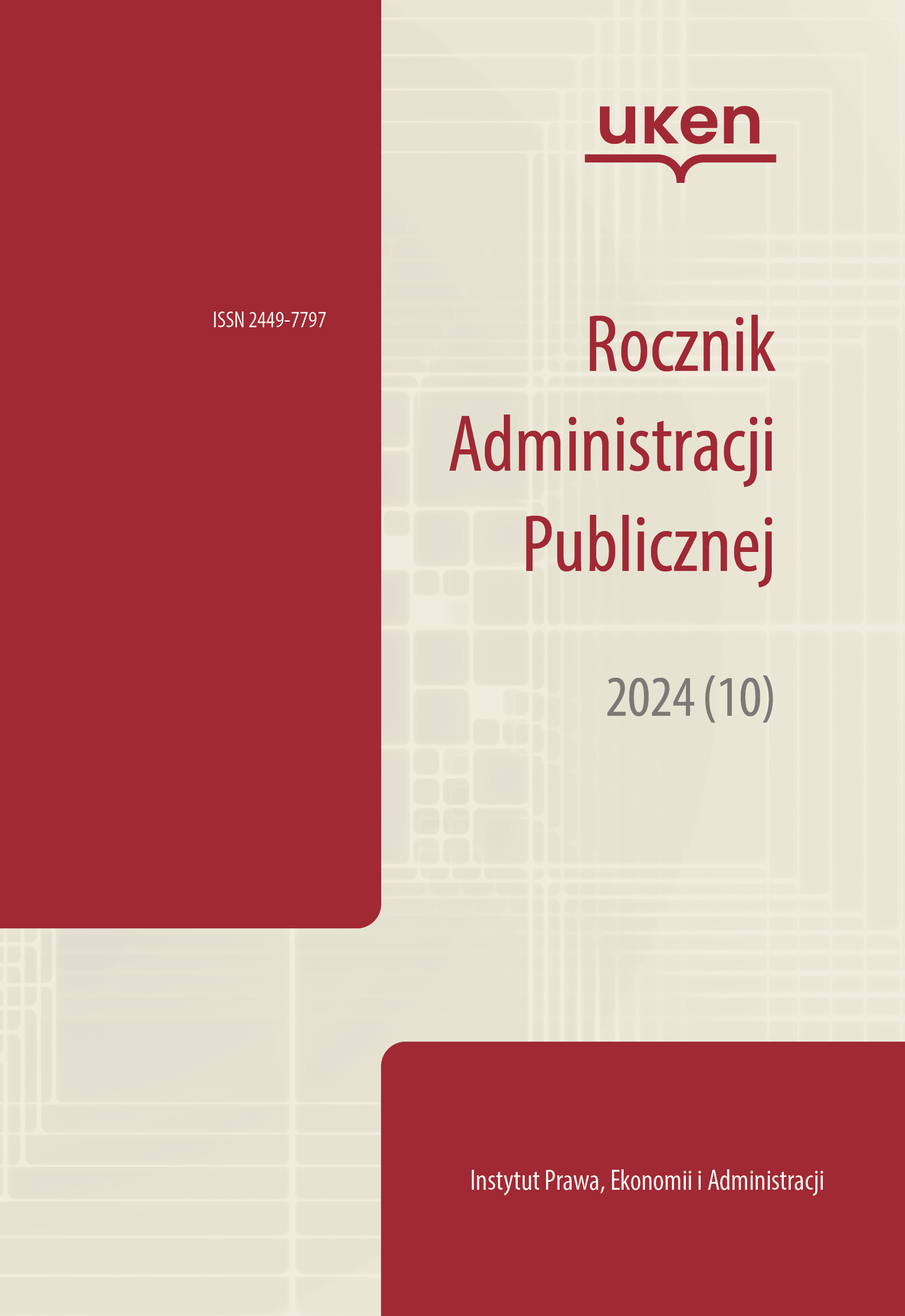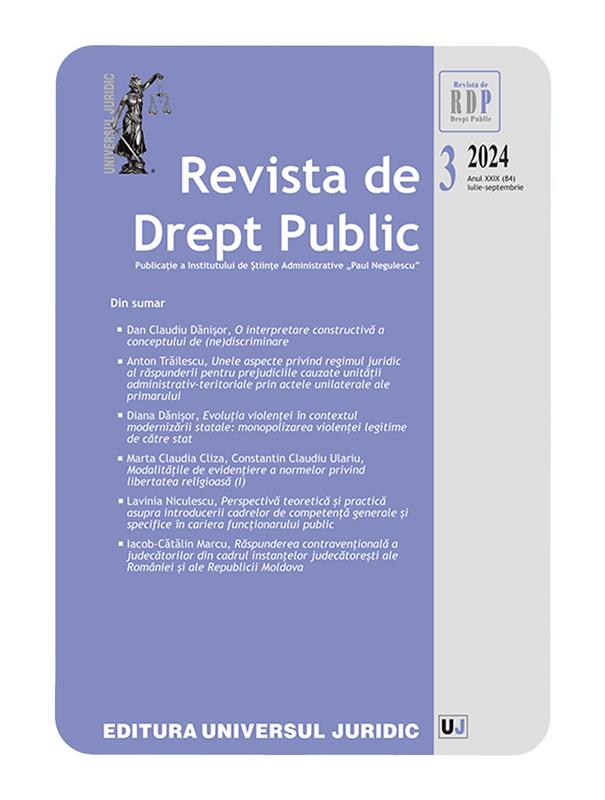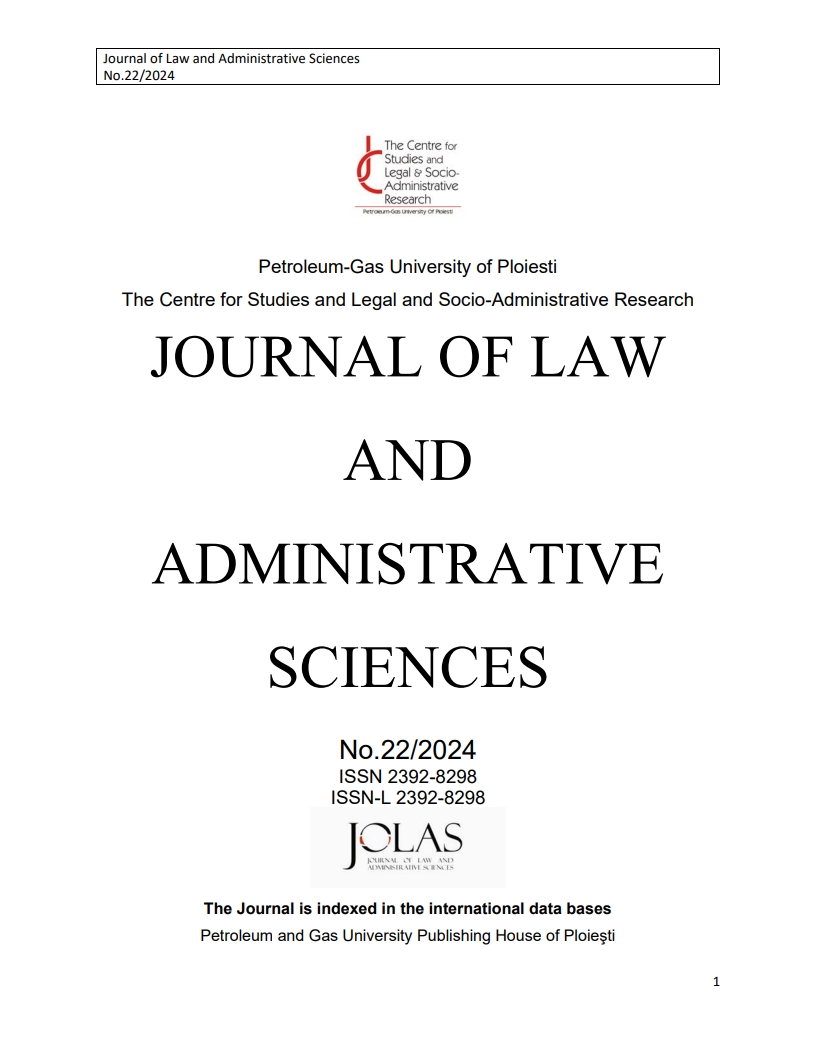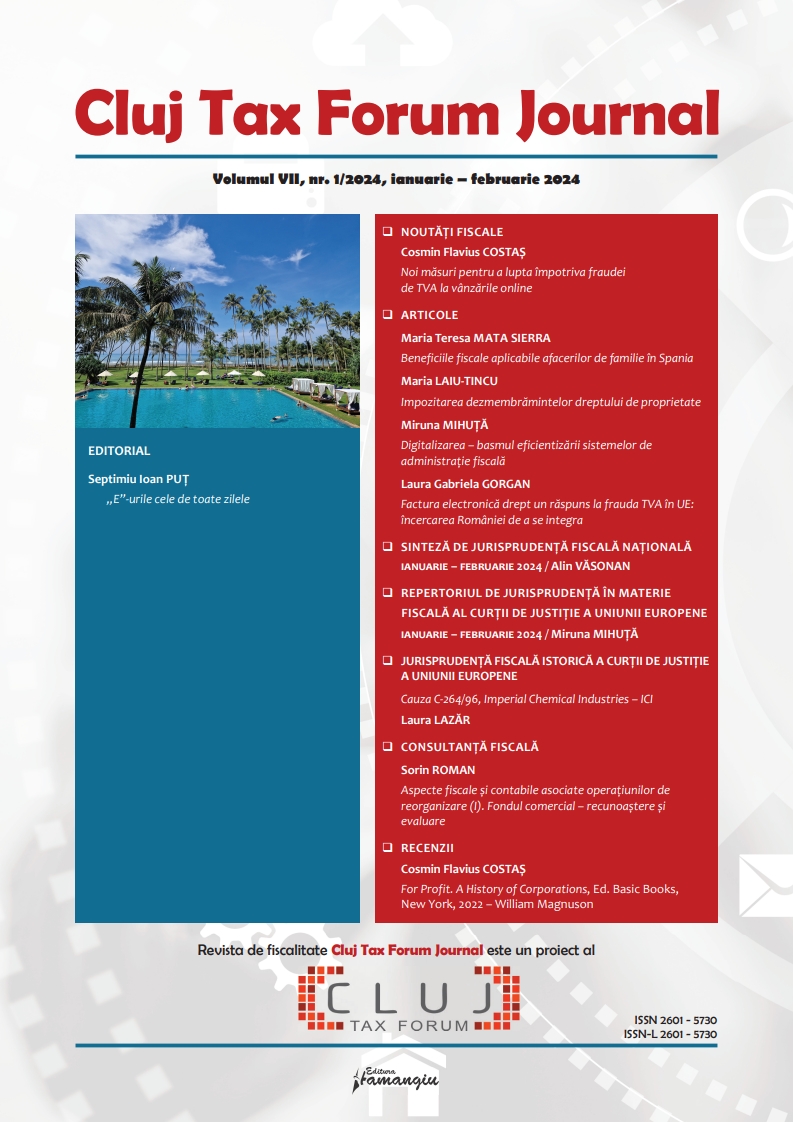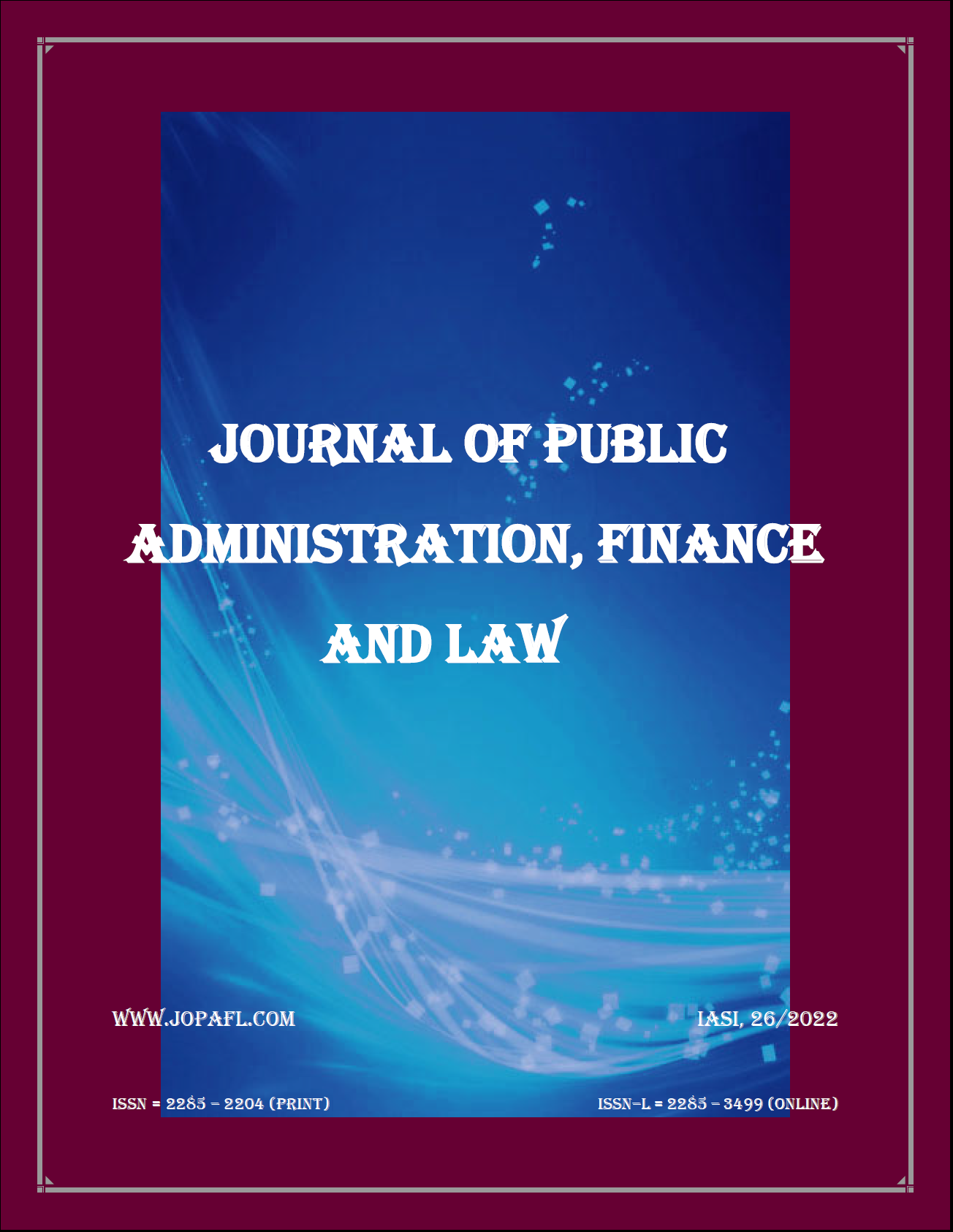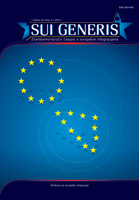Author(s): Domagoj Rožac,Patricija Jankovič,Sašo Murtič / Language(s): Croatian
Issue: 2/2024
The article compares provisions of the Noise Protection Act and the Act on Protection against Light Pollution (lex specialis) with the Environmental Protection Act (lex generalis) with regard to basic environmental protection concepts in connection with harmful light and noise immissions. Using deductive and inductive methods through the administrative principle of proportionality, the authors analyze how institutions establish and impose administrative measures. The authors linked this to the need to take timely action, use effective techniques and technologies, and ensure economic feasibility to protect the environment from pollution. This led to the identification of new forms of pollution and the need to align the conclusions with the Paris Agreement, culminating in the development of the "Creating a Climate Resilient Europe" strategy. The aim of the paper is to harmonize administrative protection principles against harmful light and noise immissions, highlighting the critical issue of insufficient measures to minimize the environmental impact of these sources. The following works of the author were used as a source in the preparation of the paper: Bačić, P., Bašić M., Zlatić, V. (2016), Borković, I. (2002), Đerđa (2016), Jurić and Mijatović(2022), Gavella et al. (2007), Gongeta et al. (2020) , Klarić and Vedriš (2009), Lončarić-Horvat (2003), Mihelčić and Marochini Zrinski (2018), Osrečak (2010),Proso, (2015), Radolović(2006), Rodin(2000), Rožac (2022), Sirotić (2006), Šikić and Ofak (2011), Vezmar Barlek(2017). The authors claim that the public law bodies charged with applying the procedural principles of proportionality and expediency do so arbitrarily, which leads to the recommendation to harmonize these procedural principles with the principles of substantive environmental protection in order to effectively prevent, reduce and ultimately minimize harmful noise and light immissions.
More...


